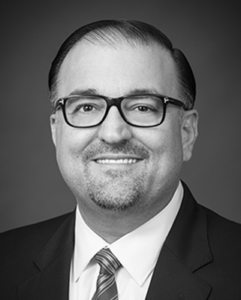While COVID-19 may have brought to light many health care inequities, they are nothing new — particularly for the LGBTQ+ community. That’s why — as we mark Pride Month this June — it’s important to remember the role that your hospitals play in building inclusive and equitable communities for our LGBTQ+ neighbors.
Although significant progress has been made in recent years, the LGBTQ+ community still deals with worse health outcomes than their heterosexual counterparts. Consider that:
- LGBTQ+ individuals are more likely to have higher rates of tobacco, alcohol, and drug use. (Healthy People 2020)
- Research suggests that LGBTQ+ individuals face health disparities linked to societal stigma, discrimination, and denial of their civil and human rights. Discrimination against LGBTQ+ persons has been associated with high rates of psychiatric disorders, substance abuse, and suicide. (Healthy People 2020)
- 15% of LGBTQ Americans report postponing or avoiding medical treatment due to discrimination, including nearly 3 in 10 transgender individuals. (The State of the LGBTQ Community in 2020)
Some of these same concerns were echoed by participants in the 2022 San Diego Community Health Needs Assessment. Accessing and navigating care were described as procedurally difficult and complex for our LGBTQ+ community — hitting barrier after barrier after barrier. The traditional approach to health care was described as non-inclusive and inadequately meeting the unique health needs of LGBTQ+ people.
Our LGBTQ+ community also shared that lack of insurance is another common barrier to health care. Even with insurance, they have challenges getting the care they need. Additionally, clinicians shared that transgender and gender-diverse people without insurance (particularly those who are undocumented) or people who are unable to access gender-affirming care are more likely to get risky and dangerous procedures done in non-health care settings.
While there is much work being done in this space, it is clear there is a paramount need for more safe, affirming, and competent providers — including those who are sensitive to the needs of the LGBTQ+ community. Finding a gender-affirming provider is critically important for the LGBTQ+ community to trust their provider and feel comfortable in fully discussing all health needs.
Know that your hospitals are already striving to provide exceptional care to all members of our community, in a way that is welcoming, understanding, and inclusive. And advancing health equity must continue to be of utmost importance for all hospitals and health systems.
